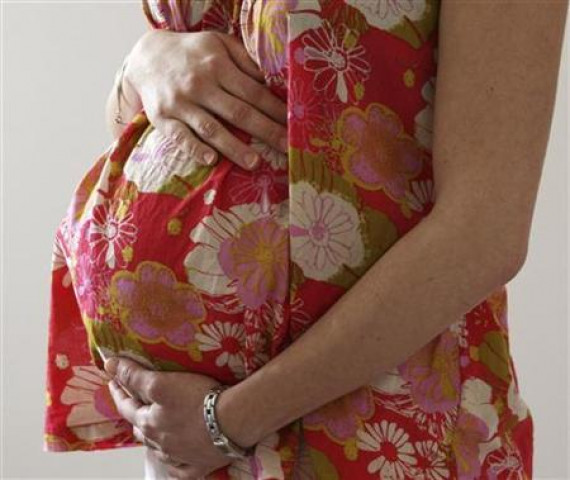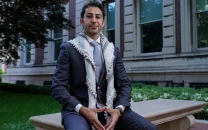Women to receive free C-sections in Nigeria
Free emergency Caesarean sections to "poor and vulnerable" women to help reduce Nigeria's high maternal mortality rate

Nigeria has announced a new initiative offering free emergency Caesarean sections to "poor and vulnerable" women in a bid to reduce its high maternal mortality rate.
With 1,047 maternal deaths per 100,000 live births, Nigeria holds the fourth-highest maternal mortality rate globally, an issue attributed in part to the lack of affordable access to C-sections.
Health Minister Muhammad Pate, describing the initiative as a “powerful move,” said, “No woman should lose her life simply because she can’t afford a C-section.”
The average cost of a Caesarean procedure in Nigeria is approximately 60,000 naira ($36 or £28), a price many cannot afford, especially in rural areas.
More than 40% of Nigerians live below the extreme poverty line of $2.15 per day, as per 2023 data from Nigeria's National Bureau of Statistics, leaving many pregnant women unable to access emergency medical care.
The new initiative, part of the Maternal Mortality Reduction Innovation Initiative, will make emergency C-sections available at no cost to all eligible women in public hospitals.
Eligibility for the scheme requires registration with Nigeria's public health insurance system, and social welfare units at public hospitals will identify those in need of financial support.
The health scheme is designed to cover only emergency procedures, confirmed Tashikalmah Hallah, a communications adviser to the health minister.
Nigeria's government initiative has garnered support from international organizations.
The World Bank’s Trina Haque called the plan a "game-changer,” and WHO country representative Kazadi Mulombo expressed support, pledging to assist with its implementation.
Complications in childbirth such as obstructed labor, severe hemorrhage, high blood pressure, unsafe abortions, and prolonged labor are among the leading causes of maternal deaths in Nigeria.
Caesareans are often crucial for preventing labor complications, especially in cases where the baby cannot safely exit the birth canal due to size or position.
Local NGOs like HACEY and the Women of Purpose Foundation welcomed the initiative. Rhoda Robinson, executive director of HACEY, highlighted the policy’s potential to improve maternal and child health outcomes, particularly for low-income women who might otherwise turn to unsafe options.
Mabel Onwuemena, national coordinator of the Women of Purpose Foundation, urged the government to expand the initiative to cover free medication and ultrasound services for pregnant women.



















COMMENTS
Comments are moderated and generally will be posted if they are on-topic and not abusive.
For more information, please see our Comments FAQ